Leukemia, multiple sclerosis and Alzheimer's, and CBD oils? Illegal claims
min. reading
CBD oil cures cancer!
CBD oil cures you of depression, neurosis and anxiety!
CBD oil reverses diabetes!
CBD oil for Alzheimer’s!
Sound familiar? Have you seen this somewhere before?
These are just some of the article headlines or promises used by CBD product sellers and manufacturers. And officially…it’s not true, and those promulgating such sounding slogans can face harsh consequences. But wait, what do you mean, then what are these CBD oils for, if officially they are for nothing? Well, that’s what we want to tell you about and explain why our oils don’t have the same properties as some of the others you’ll find in other stores. And that it doesn’t mean they are inferior at all.
Table of Contents
What official statements does the CBD have?
None. No, we are not wrong at all! In the European Commission’s registry, you can find all acceptable official health claims for all sorts of substances and plants. This includes cannabis, but about cannabinoids, more specifically CBD, there is not a single word there. So officially, cannabinoids have absolutely no properties! Only hemp oil has them, and they are:
- cardiovascular health,
- lowering blood cholesterol,
- beautifying the skin inside and out.
And nothing else! Of course, claims can also be given to the components of hemp oil, that is, for example, unsaturated fatty acids or vitamins in it like vitamin A, B, K or E. However, cannabinoids have absolutely no approved claims, although there is ongoing research on them all the time, bringing plenty of positive information on how they work in clinical settings.
What are the implications of writing about the CBD in ways other than those of the statements?
It is important to understand that using claims in the right way is not entirely intuitive. Sometimes even adjectives describing a product as “mild,” for example, can be questioned. Showing the properties of products, or supplements in general, is a tough nut to crack, and it is extremely easy to make a mistake here. Many people don’t even have a clue that a plant has been said for years to work in a certain way, which everyone confirms, is illegal! And the consequences can be severe. If a particular manufacturer is promising properties to buyers of their product that are inconsistent with the claims, during an inspection it can expect to be instructed and ordered to change the descriptions on their website, leaflets or packaging, and anywhere else it makes false claims that are challenged by the inspection authority. That’s at best. At worst, they face large fines, which have even forced more than one entrepreneur to close their business – especially if it was, for example, a tiny health food store that has only been in existence for a short time!
Dura lex sed lex – the law, though difficult, applies! And ignorance of the law harms and does not protect at all from the consequences.
Diseases and CBD
Research is ongoing on CBD and its effects on the health of people suffering from various diseases. This includes epilepsy, diabetes, various types of cancer, multiple sclerosis, neurological diseases such as Alzheimer’s or Parkinson’s, as well as mental illnesses and disorders: neurosis or depression. What are their results? Promising!
Diabetes and cbd
One experimental study [1] conducted on the topic of diabetes and CBD, reports that CBD can reduce the early pancreatitis that occurs with type 1 diabetes. The study lasted 10 weeks and was conducted on young, 7-week-old mice. It discovered that the animals had a decrease in markers that determine whether inflammation has occurred in the pancreas. Those mice that received CBD later developed type 1 diabetes, compared to those that did not undergo such experimental therapy! Of course, there is still a long way to go before confirmed conclusions after such animal studies, but this gives a glimmer of hope to researchers focusing on finding effective treatments for diabetes.
Leukemia and CBD
The website of the National Library of Medicine of the United States published an article [2] on a child suffering from leukemia. The patient, although already receiving palliative care, started getting RSO oil. And then the blastocytes in her blood decreased significantly, which the report describes as something that can’t be explained by anything other than taking cannabinoids. Leukemia and CBD is a difficult topic, just like any other cancer-related topic. And we are far from giving false hope, however, there is a great deal of positive information on this topic, and we hope that scientists will follow this lead and that there will be more and more research on this topic!
Multiple sclerosis and CBD
Multiple sclerosis is a difficult disease that affects the conduction of nerve impulses in the patient’s body. It is a disease for which there is no effective cure yet, so new experimental attempts to treat it are still being developed. Multiple sclerosis and CBD is also the subject of such research. In the results of a study on the subject [3], it was shown that cannabidiol can improve the mobility of those affected by the disease. CBD has been shown to reduce spasticity, pain, inflammation, but also chronic fatigue, anxiety and depressive symptoms of multiple sclerosis sufferers!
Alzheimer’s disease and CBD
On the popular medical website PubMed, you can read about what Alzheimer’s disease and CBD have in common[4]. A study on the subject shows that CBD can promote neurogenesis, or the formation of new neurons. And also reduce inflammation. In a rodent study, it was discovered that CBD can also not only prevent, but also reverse the development of cognitive problems. This is a huge discovery! Alzheimer’s disease is one of the more distressing diseases affecting the elderly. But it often appears not only in people of advanced age, but much earlier. The earlier the degenerative processes in the brain could be reversed, the better the chances of keeping such people functional in old age!
CBD and leukemia, CBD and multiple sclerosis, CBD and Alzheimer’s are just some of the researchers’ findings. Research is usually in the animal testing phase, but people who have nothing to lose are also trying out experimental therapies on their own, and the results of these people’s research can be accessed by their attending physicians. We sincerely hope that it won’t be long before CBD and other cannabinoids are officially admitted to the inventory of health claims, and we will read about at least one property, even a tiny one, in it. This will be the first step in the development of research on this natural substance!
Bibliography
- Christian Lehmann, Nicholas B Fisher, Barna Tugwell, Anna Szczesniak, Mel Kelly, Juan Zhou ”
Experimental cannabidiol treatment reduces early pancreatic inflammation in type 1 diabetes” https://pubmed.ncbi.nlm.nih.gov/27767974/ - Yadvinder Singha and Chamandeep Balib „Cannabis Extract Treatment for Terminal Acute Lymphoblastic Leukemia with a Philadelphia Chromosome Mutation” https://www.ncbi.nlm.nih.gov/pmc/articles/PMC3901602/
- Thorsten Rudroff and Jacob Sosnoff „Cannabidiol to Improve Mobility in People with Multiple Sclerosis”
https://www.ncbi.nlm.nih.gov/pmc/articles/PMC5874292/ - Georgia Watt, Tim Karl „In vivo Evidence for Therapeutic Properties of Cannabidiol (CBD) for Alzheimer’s Disease” https://pubmed.ncbi.nlm.nih.gov/28217094/

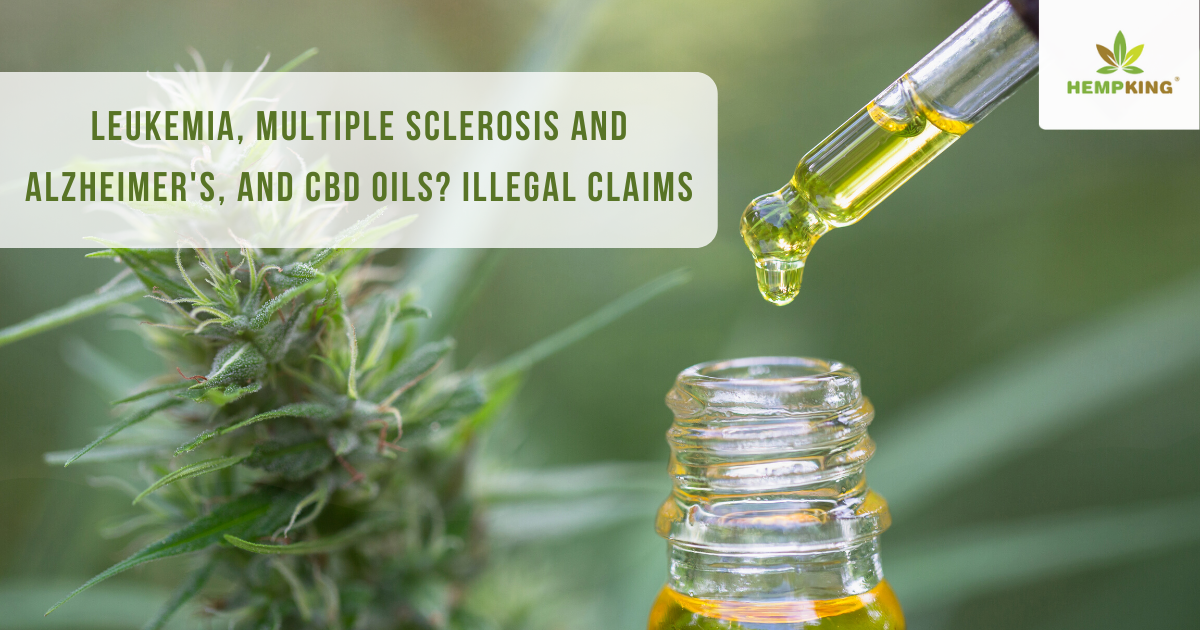

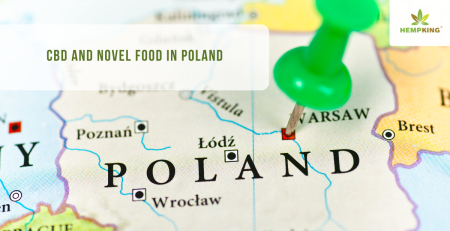



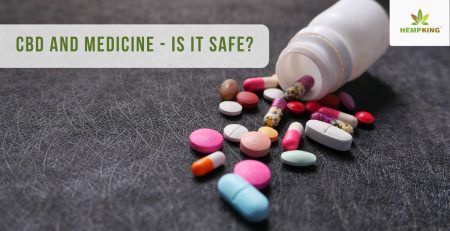




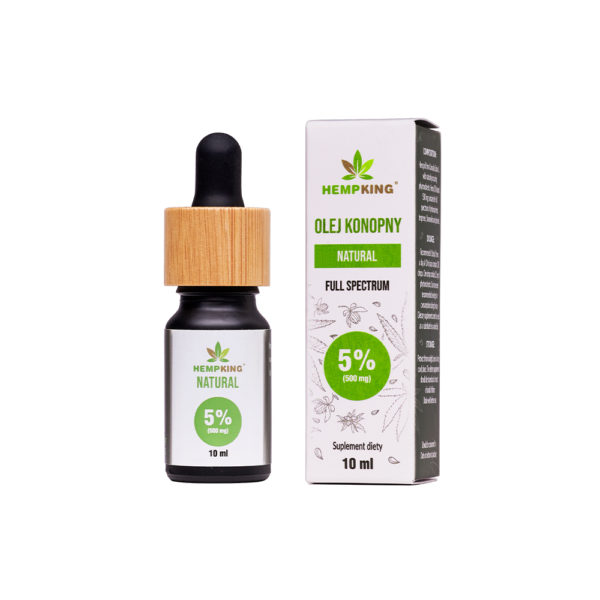
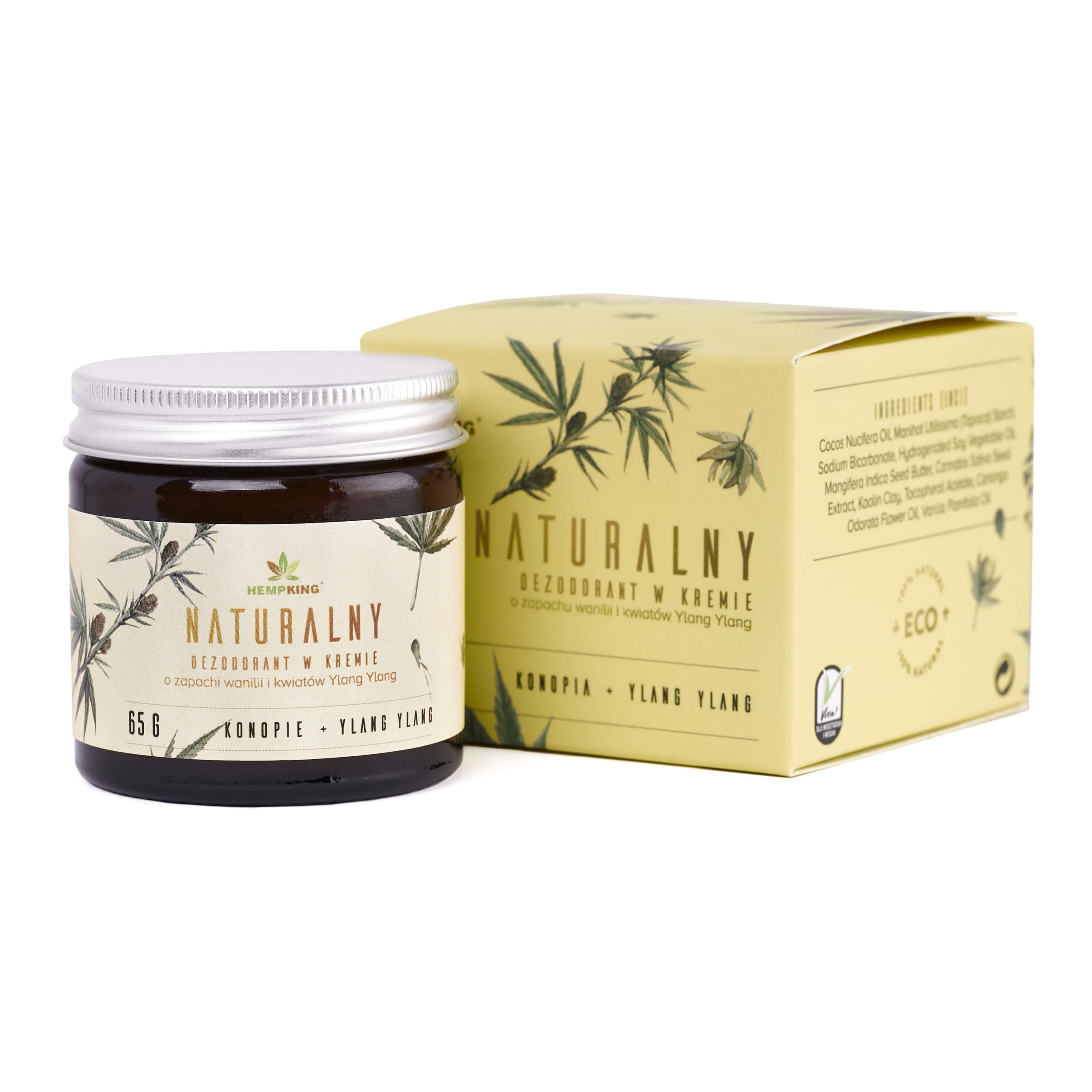
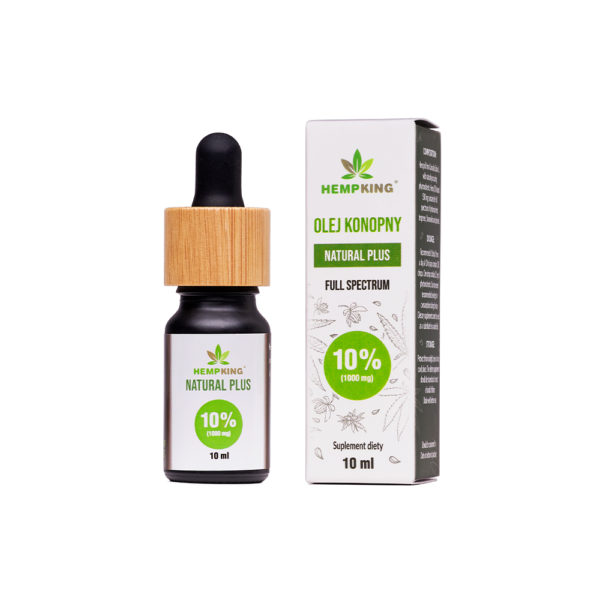
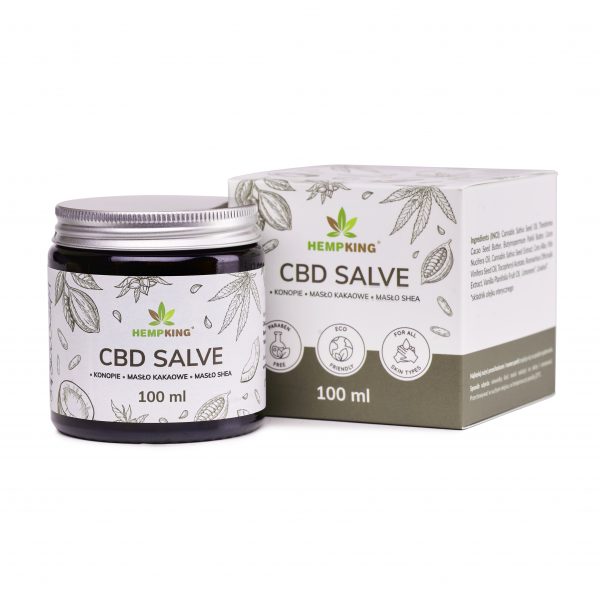
 Facebook
Facebook Instagram
Instagram

Leave a Reply